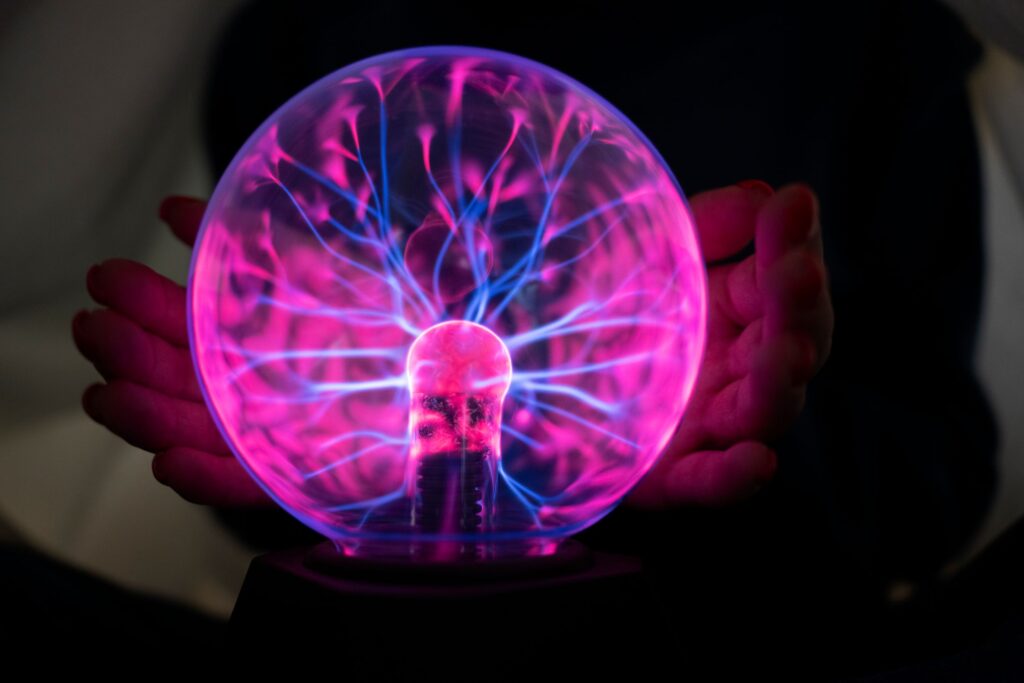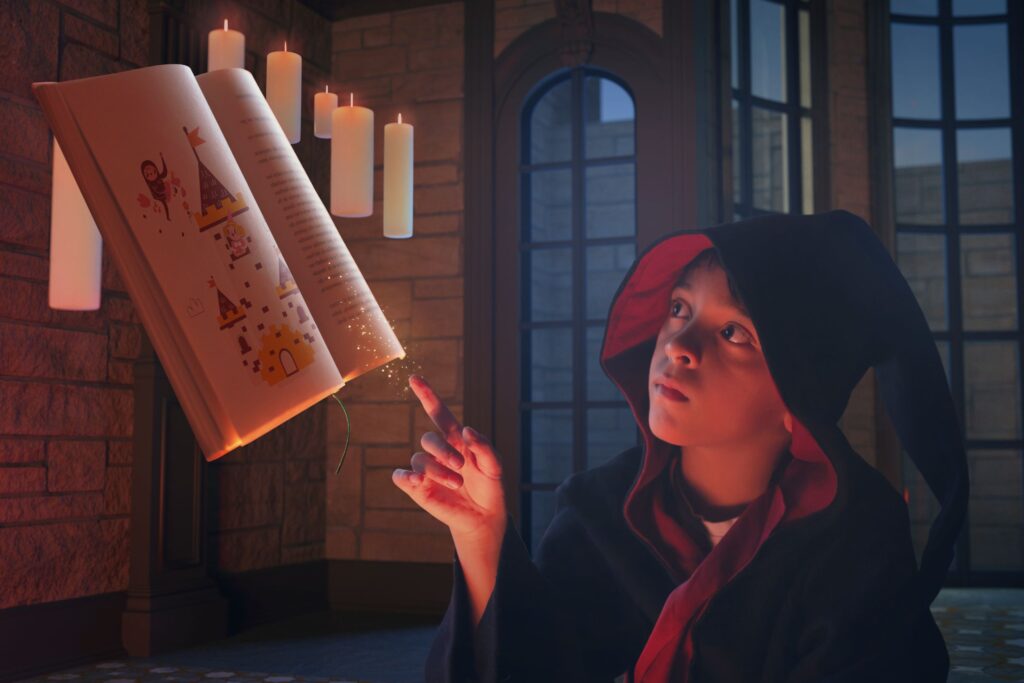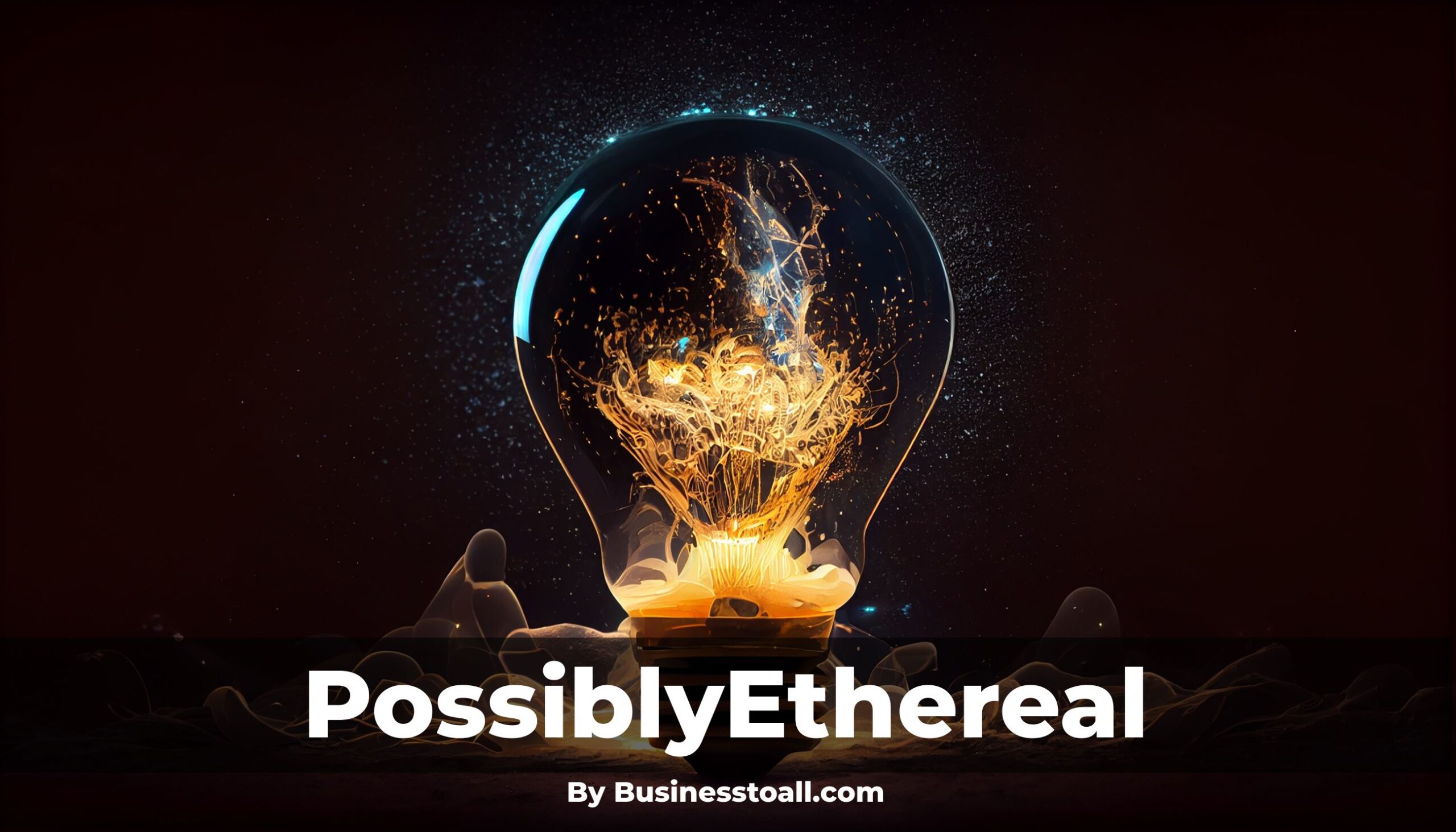Embark on a journey into the unknown with “PossiblyEthereal: Discover Extraordinary Wonders.” This article delves into the enigmatic and captivating concept of “PossiblyEthereal,” exploring its meanings, cultural significance, and impact on our perceptions. Dive deep into the realms of philosophy, science, art, and spirituality to uncover the extraordinary wonders that lie just beyond the edge of our understanding.
Table of Contents
Introduction
Have you ever encountered something that felt just beyond your grasp of understanding, like a fleeting whisper of another world? That’s the essence of “PossiblyEthereal.” This term, rich with intrigue and mystery, invites us to explore the boundaries of our perception. By dissecting “PossiblyEthereal,” we can open doors to new realms of thought and imagination.
Breaking Down the Term
Meaning of “Possibly”
“Possibly” denotes uncertainty, a chance, or a potential. It leaves room for doubt and contemplation, suggesting that what follows might not be entirely within the realm of the known.
Meaning of “Ethereal”
“Ethereal” refers to something extremely delicate and light, almost too perfect for this world. It conjures images of the heavens, the spiritual, and the otherworldly. Ethereal things are elusive, beautiful, and often beyond our full comprehension.
Combining “Possibly” and “Ethereal”
Interpreting the Combined Term
When combined, “PossiblyEthereal” hints at phenomena or experiences that might exist beyond our understanding. It’s a concept that teeters on the edge of reality and the surreal, inviting us to consider what lies beyond the tangible.
Examples of “PossiblyEthereal” in Everyday Life
Think of the feeling you get when you see a breathtaking sunset, hear an unearthly melody, or encounter a moment that feels almost magical. These experiences can be described as “PossiblyEthereal” – they are real yet carry a hint of something beyond.
Historical Context
Origins of the Term “Ethereal”
“Ethereal” comes from the Latin “aetherius,” which means “of the upper air,” and has roots in Greek mythology where Aether was the pure essence breathed by the gods. It has long been associated with the divine and the otherworldly.
Historical Use of “Possibly” in Literature and Philosophy
“Possibly” has been a staple in philosophical and literary discussions, often used to explore the boundaries of human understanding. From ancient texts to modern debates, it reflects the human desire to question and explore possibilities.
Philosophical Perspectives
Existential Questions Posed by “PossiblyEthereal”
The concept of “PossiblyEthereal” challenges us to think about existence beyond the physical. Are there realms we cannot perceive? What does it mean to experience something ethereal?
Philosophers Who Explored Similar Concepts
Philosophers like Plato, with his theory of forms, and Descartes, with his musings on reality and perception, have touched upon ideas that resonate with “PossiblyEthereal.” They invite us to question the nature of reality and our place within it.
Scientific Exploration

Scientific Phenomena That Could Be Described as “PossiblyEthereal”
Quantum mechanics, with its strange and often counterintuitive phenomena, provides a scientific backdrop for “PossiblyEthereal.” Concepts like superposition and entanglement hint at realities beyond our conventional understanding.
The Role of Quantum Mechanics
Quantum mechanics challenges our perception of reality, suggesting that particles can exist in multiple states at once and be connected across vast distances. These ideas align with the ethereal, blending science with the seemingly magical.
Cultural References
“PossiblyEthereal” in Literature and Art
Literature and art are rich with “PossiblyEthereal” themes. From the works of J.R.R. Tolkien to the surreal paintings of Salvador Dalí, creators have long been inspired by the otherworldly and the mysterious.
Movies and Books That Capture This Essence
Films like “Inception” and books like “The Chronicles of Narnia” delve into realms that feel ethereal. They captivate audiences by exploring the boundaries of reality and imagination.
Religious and Spiritual Interpretations
Religious Texts and “PossiblyEthereal” Concepts
Many religious texts, such as the Bible, the Quran, and the Bhagavad Gita, describe ethereal realms and beings. These descriptions provide a spiritual context for understanding “PossiblyEthereal.”
Spiritual Practices and Beliefs Related to Ethereal Phenomena
Practices like meditation, prayer, and shamanic journeys often seek to connect with the ethereal. Believers in these practices report experiences that feel beyond the ordinary, touching the divine or the mystical.
Modern Usage
How “PossiblyEthereal” Is Used in Contemporary Language
In modern language, “PossiblyEthereal” might describe anything that feels otherworldly or extraordinary. It’s a way to articulate experiences that defy easy explanation.
Examples in Social Media and Pop Culture
Social media is full of “PossiblyEthereal” moments – stunning photographs, evocative music, and personal stories that capture the imagination. Pop culture, too, revels in the ethereal, from sci-fi to fantasy genres.
Impact on Mindset and Perception
How Thinking About “PossiblyEthereal” Affects Worldview
Embracing “PossiblyEthereal” can expand our worldview, encouraging us to be open to the unknown and the mysterious. It fosters a sense of wonder and curiosity.
Influence on Creativity and Innovation
Creative minds often draw from the “PossiblyEthereal.” Innovators and artists who push boundaries do so by imagining what lies beyond the conventional, tapping into the ethereal.
Personal Reflection
Encouraging Readers to Reflect on Their Own Experiences
What moments in your life felt “PossiblyEthereal”? Reflect on times when you encountered the extraordinary, the beautiful, and the mysterious.
Questions to Ponder About the Ethereal Aspects of Life
- Have you ever experienced something you couldn’t fully explain?
- Do you believe in phenomena beyond our current understanding?
- How do these experiences shape your view of the world?
Psychological Aspects
The Psychology Behind Believing in or Rejecting the Ethereal
Belief in the ethereal often correlates with a sense of openness and wonder. Conversely, rejecting the ethereal might stem from a desire for certainty and control.
Impact on Mental Health and Well-Being
Connecting with the ethereal can provide comfort and inspiration. It can enhance mental well-being by fostering a sense of connection to something greater than oneself.
Mysticism and Mythology

Myths and Legends That Embody “PossiblyEthereal”
Myths from around the world – like the Greek gods, Norse legends, and Native American spirits – embody “Possibly-Ethereal” themes. They weave tales of otherworldly beings and realms.
Mystical Traditions Around the World
Mystical traditions, from Sufism to Taoism, explore the ethereal. They seek to understand and connect with the deeper, often unseen aspects of existence.
Ethics and Morality
Ethical Considerations of Embracing “PossiblyEthereal”
Embracing the ethereal raises ethical questions about reality, truth, and belief. How do we navigate the balance between wonder and skepticism?
Moral Dilemmas Posed by Otherworldly Beliefs
Beliefs in the ethereal can challenge moral frameworks, asking us to reconsider what is possible and how we should live our lives in light of the unknown.
Conclusion
The concept of “Possibly-Ethereal” invites us to explore the boundaries of our perception and understanding. By embracing the ethereal, we open ourselves to wonder, creativity, and a deeper connection with the world around us. Whether through science, art, or personal reflection, “Possibly-Ethereal” enriches our lives, offering glimpses of the extraordinary within the ordinary.
Frequently Asked Questions (FAQs)
What does “PossiblyEthereal” mean?
“Possibly-Ethereal” describes phenomena or experiences that are potentially otherworldly or beyond our full understanding.
How can we identify something as “PossiblyEthereal”?
Identifying something as “Possibly-Ethereal” involves recognizing moments that feel extraordinary, mysterious, or beyond the ordinary.
Are there scientific bases for “PossiblyEthereal” phenomena?
Yes, areas like quantum mechanics explore phenomena that align with “Possibly-Ethereal,” suggesting realities beyond conventional understanding.
How does “PossiblyEthereal” influence art and culture?
“Possibly-Ethereal” influences art and culture by inspiring creativity and imagination, leading to works that explore the boundaries of reality and the surreal.
Can embracing “PossiblyEthereal” improve our lives?
Embracing “Possibly-Ethereal” can enrich our lives by fostering wonder, curiosity, and a deeper connection to the mysterious aspects of existence.
If you found our content helpful don’t forget to share it on your social media: Twitter





